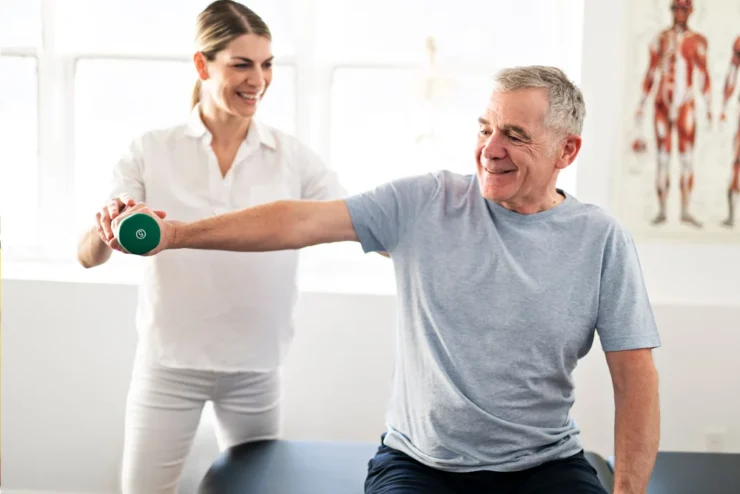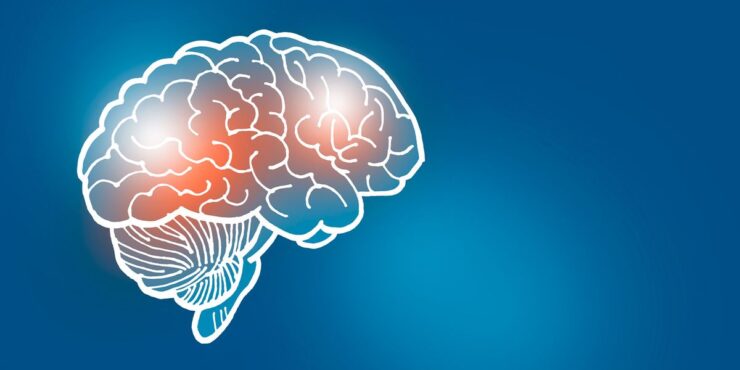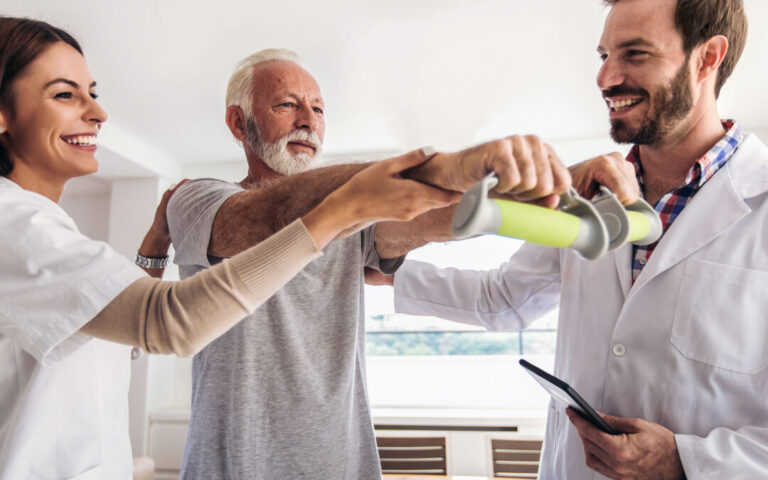There are several direct and indirect factors that must be considered before estimating how long it would take for someone to recover after a cerebral stroke. There is also the question of estimating how much recovery is possible at best, which also varies in accordance with those same factors. Therefore, it is imperative to know what these variables are exactly and how they affect a stroke patient’s recuperation. This knowledge would allow us to formulate a more effective plan for expediting recovery.

Stroke Recovery: Crucial Factors
If we were to categorize the prime factors that can be considered critical to estimating post-stroke recuperation time, they would be:
- Cause: Strokes are always a result of blood clots that cut out the oxygen supply to the brain, but the clot itself must either be ischemic or hemorrhagic.
- Blockage: Size and density of the clot.
- Age: Older (55+) patients tend to recover at a slower rate and their estimated recovery potential is not as high.
- Comorbidity – Presence/absence of conditions like diabetes, hypertension, and obesity that are known to both cause and exacerbate cerebral strokes.
- Lifetime: The longer a clot manages to block blood flow to the brain, the more difficult it will be to recover.
- Section: Some sections of the brain recover faster than others, so recovery time will vary in accordance with the clot’s location.
- Speed of Initial Treatment: If a stroke patient is treated under three hours, they should be able to recover much faster.
- Aftercare & Rehabilitation: This is the most important factor in stroke recovery after the emergency period.
Now that you know what the variables are, it should be easier to reduce recovery time. As to what steps we can take to use this knowledge, consider the following suggestions.
Short Term Admittance in a Skilled Nursing Facility
A skilled nursing facility is a place where they have nursing professionals trained and certified to deliver the best possible aftercare and rehabilitation treatment to each patient. Such places are not just for the aftercare of stroke patients of course, but most have dedicated programs with physical therapy and speech therapy to rehabilitate stroke patients faster. Contact this St. Louis skilled nursing facility to see how their trained professionals help stroke patients heal faster.

Diet, Exercise, Supervision and Caretaking
If short-term admittance is not an option, then the patient must be accompanied and supervised by someone every day to ensure that:
- The patient has access to all items in the diet prescribed and that they are indeed following the diet meticulously.
- The patient is repeating the motions and exercises prescribed to them for the rehabilitation period.
- The patient is not eating or drinking anything that they should not.
- The patient is not smoking or taking anything that they are not allowed to.
- No overtly stressful exercises and activities are taken on by them.
- Not a single dose of any prescribed medication is missed or delayed beyond reasonability.
The dietary requirements and the exercise regimen needed to rehabilitate and recuperate after a stroke are quite different. In general, eggs, salmon, kale, spinach, broccoli, strawberry, grapefruit, orange, blueberry, cherry, and nuts are all good options to choose from but only certified medical professionals and nutritionists can create a personalized diet plan.

